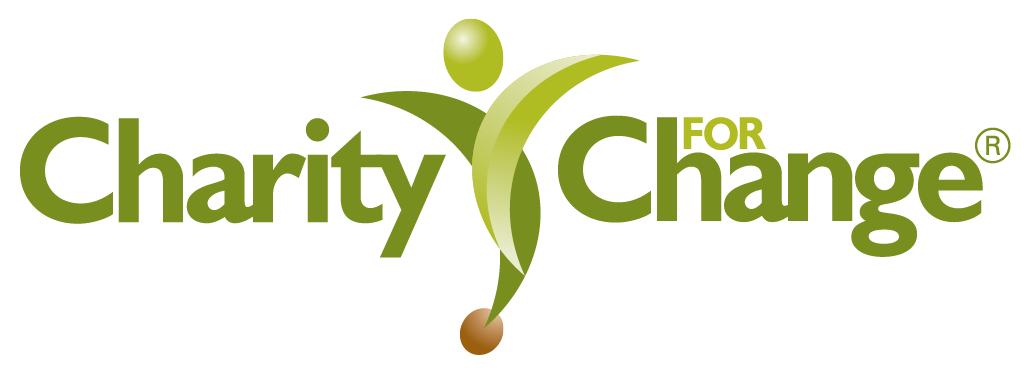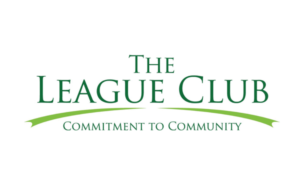Integrity shapes the character of individuals, and it’s never too early to start instilling this trait in children. Parents and teachers play a crucial role and can create an environment where kids can learn and practice integrity from a young age. This article explores what integrity means for kids and provides practical tips for parents and teachers to nurture this essential quality in elementary-school-aged children.
Defining Integrity for Kids
Integrity for kids can be simplified as doing the right thing, even when no one is watching. It involves honesty, responsibility, and a strong sense of moral principles. Teaching kids about integrity helps them develop a solid ethical foundation to guide their decisions and actions. On a broader scale, integrity forms an invisible fabric that keeps society civilized.
Practical Tips for Parents
Model Integrity for Your Kids
Children learn by example. Demonstrate integrity in your actions and decisions. When they see you making good choices and taking responsibility for your actions, they are more likely to adopt these behaviors.
Encourage Open Communication
Create a safe space for your child to express themselves. Encourage them to share their thoughts and feelings and actively listen. This open line of communication creates a sense of trust, making it easier for them to confide in you when faced with ethical dilemmas.
Teach the Power of Apologies
Help your child understand the importance of apologizing when they make a mistake. Apologizing is not a sign of weakness, but a demonstration of accountability and a commitment to make things right.
Emphasize Honesty
Reinforce the value of honesty in all situations. Discuss real-life scenarios with your child, highlighting the positive outcomes of being truthful — even when it’s difficult.
Set Clear Expectations
Establish clear expectations for behavior and explain the reasons behind them. When children understand the “why” behind the rules, they are more likely to internalize them and act with integrity.
Practical Tips for Teachers
Read or Tell Moral Stories
Moral stories are stories that teach children important life lessons. Discuss the characters’ choices and the consequences of their actions. This provides a valuable context for children to grasp ethical concepts.
Encourage Collaboration
Nurture a collaborative and supportive classroom environment. When children work together on projects, they learn the significance of trust and responsibility. Group activities instill a sense of shared accountability.
Create a Classroom Code of Conduct or Constitution
Work with your students to establish a classroom code of conduct or constitution. This collaborative effort encourages them to take ownership of the rules and make a personal commitment to integrity.
Celebrate Integrity
Acknowledge and celebrate children’s acts of integrity. Personal recognition of integrity reinforces the understanding of ethical behavior and encourages others to follow suit.
Create Open Discussion
Create opportunities for open discussions about values and ethics. Allow children to express their thoughts, ask questions, and share their experiences. This type of dialogue helps kids deepen their understanding of integrity.
Parents and teachers play a vital role in shaping the character of the next generation. Through positive role modeling, open communication, and thoughtful guidance, we can instill the values of honesty, responsibility, and integrity in children. Nurturing integrity in elementary-school-aged kids sets the stage for a lifetime of good decision-making and positive contributions to society.
Lorem ipsum dolor sit amet, consectetur adipiscing elit. Ut elit tellus, luctus nec ullamcorper mattis, pulvinar dapibus leo.

Karen Conley
CEO and founder of Charity for Change
References:
Evans, T. (2016). “Fostering Integrity in Your Child.” Focus on the Family. Retrieved from https://www.focusonthefamily.com/parenting/fostering-integrity-in-your-child
Price-Mitchell, M. Ph.D. (2015) “Integrity in the Classroom.” Psychology Today. Retrieved from https://www.psychologytoday.com/us/blog/the-moment-youth/201509/integrity-in-the-classroom
Are you searching for a curriculum that teaches children integrity?
The Charity for Change curriculum is affirming, encouraging and builds resiliency in young learners. The curriculum includes:
- Project-Based Learning
- Mindfulness Discussions
- Peer-to-Peer Interaction
- Math
- Kinesthetic Activities
- Puzzles and Reader’s Theatre
- Family Engagement
Learn more about the Charity for Change Program.





